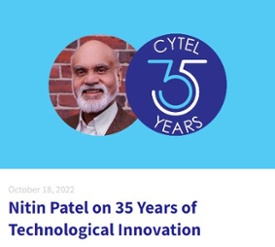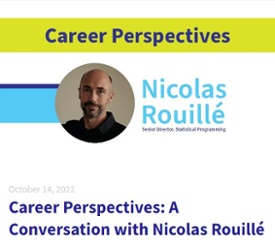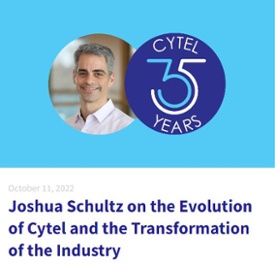The Need for Structured Tools to Guide HTA Submissions

Diving into Supporting Clinical Plausibility in Lifetime Survival Extrapolations: The Need for Structured Tools to Guide HTA Submissions
Cytel panelist: Bart Heeg
Issue
Assessing the robustness of clinical plausibility when survival curves are extrapolated to a lifetime has been debated in HTA submissions as it may lead to inappropriate decision-making. Despite many discussions on how to best demonstrate the long-term survival benefit of new technologies to HTA bodies and payers are well discussed, the issues remain unresolved. The panel will debate whether the use of a structured process (e.g., a framework that attempts to maximize clinical plausibility in the estimation of lifetime clinical effectiveness of new products) could mitigate the methodological challenges. Would a standardized process provide enhanced transparency and consistency in HTA decision-making? This issue panel will also discuss the value of real-world data (RWD) and visual tools in this context.
Overview
In HTAs, validation of lifetime extrapolations of key outcomes for assessing comparative clinical and cost-effectiveness between the new technology and standard of care has been critical in decision-making. Providing robust lifetime clinical evidence requires large trial sample sizes and often long follow-up, which can potentially deny or delay critically ill patients access to life-extending therapies. The moderator will introduce this topic and propose the following questions: how can industry produce accurate long-term survival extrapolations that lead to unbiased treatment effect estimates with short-term trial data? What is the current HTA guidance on this topic? Can improvements in these extrapolations be made? Can RWD be used to support the validation of extrapolations? Each panelist will present a different perspective (consultancy, industry, HTA) debating the need for and applicability of an explicit framework to address this guidance gap. An interactive discussion will follow with the use of online polling format. Stakeholders (health economists, industry, payers) involved in HTA submissions will benefit.
We asked panelist Bart Heeg, Cytel Vice President, HEOR Global, to share his insight on his upcoming panel discussion:
What motivated you to explore this topic and why is this moment significant? What are the stakes of the questions being explored?
We started working on the DIVE framework three years ago. There were many publications and HTA guidances from agencies like NICE. I think NICE has 10 to 15 technical support documents that are directly or indirectly related to survival extrapolations for modelling purposes. With so much guidance and corresponding clinical plausible considerations for survival extrapolations, it is difficult to remain up to date on the evidence and state-of-the-art methodological approaches. Therefore, we thought, in the DIVE framework, it would be good to structure the information supporting considerations for survival extrapolations in four blocks: Direct evidence, Indirect evidence, Validation type of evidence, and External evidence. By that way, each of these blocks can be linked to the Technical Support Documents or other important publications, and then it's easier to demonstrate the modelled extrapolated overall survival is clinical plausible. More and more companies have trials with rather immature survival data; for health economics, we need to extrapolate over the lifetime, and the less mature the survival data are, the more uncertainty there is over the survival extrapolation. DIVE framework provides a structured way of thinking through the problem.
How is Cytel positioned in this work? What can we offer our clients in regards to this topic?
Cytel is the advanced analytical company. So we like the Bayesian stuff, we like the advanced analytics in cloud design and in health economics. And a lot of the methods that use external data in predictions are complex. With Cytel statisticians on board and their expertise, we're ideally positioned to help clients answer these questions, while we have also unique access to some real-world evidence that can help validate them to support these extrapolations. So, it's a mix: we have data, but we also have really smart people that can support doing this; we are among the leading authors in this topic. For more information, you can learn more about our HEOR team or contact us.
Cytel will be represented at over 60 presentations at ISPOR Europe 2022, with more issue panels and workshops than any other participating organization. To download the full Cytel program, click below. We look forward to seeing you there!
What's new in Perspectives on Enquiry & Evidence:








